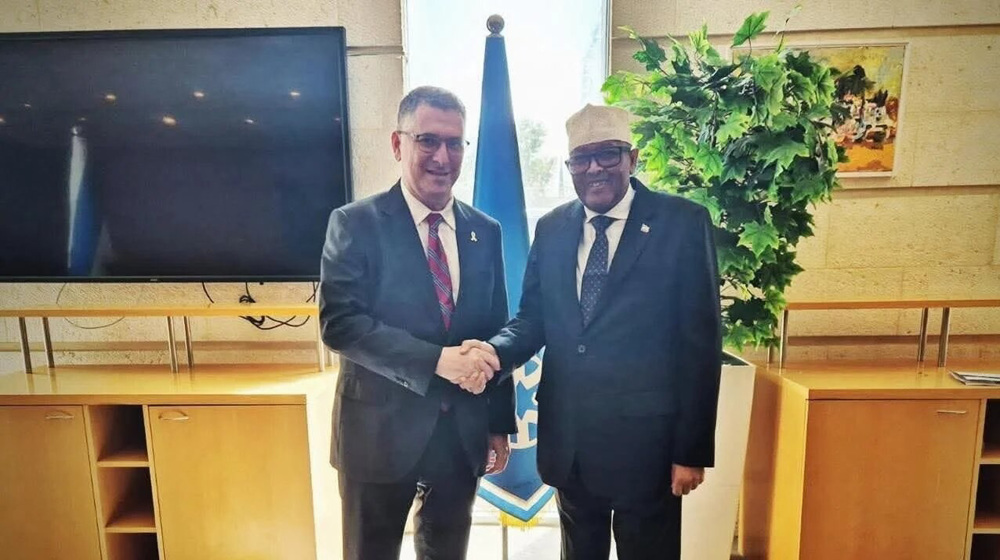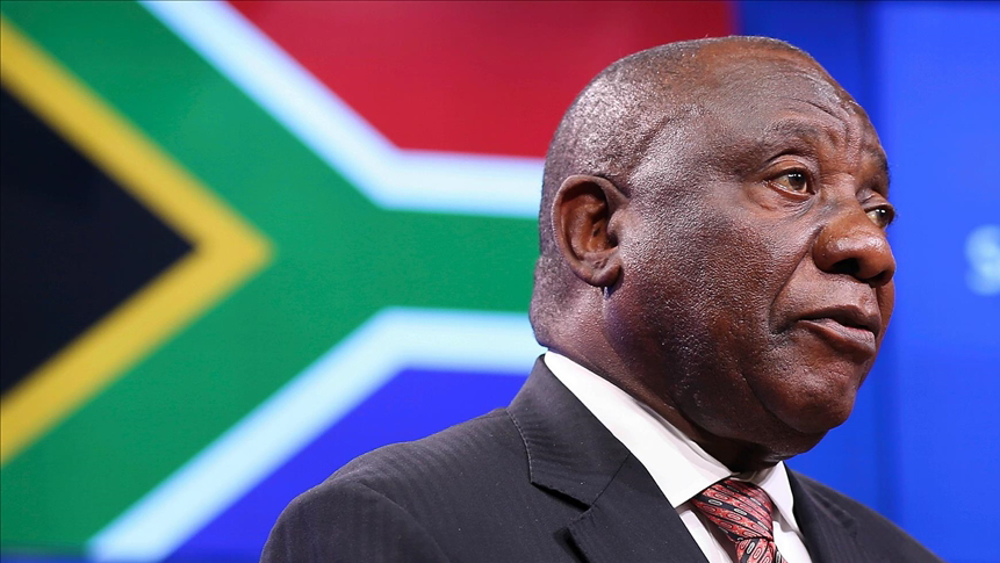Zimbabwe teachers to strike over pay as currency crisis deepens
Zimbabwean teachers will strike from Tuesday to press for US dollar salaries as talks with the government failed to bring a breakthrough, a union says, adding pressure on President Emmerson Mnangagwa to contain a runaway currency crisis.
Cash shortages have plunged Zimbabwe's financial system into disarray, threatening social unrest and undermining Mnangagwa's efforts to win back foreign investors sidelined under his predecessor Robert Mugabe.
With not enough hard currency to back up funds showing in bank accounts, the value of electronic money has plummeted, prompting businesses and civil servants to demand payment in US dollars they can withdraw.
Just over four months into Mnangagwa's contested presidency, the Zimbabwe Teachers' Union (ZIMTA) said its members would strike as spiraling inflation has left them unable to buy basic goods and fuel that are in short supply. Government doctors have been on strike for more than a month over the same issue.
ZIMTA president Richard Gundani told Reuters a meeting between public sector unions and acting Labor Minister July Moyo only resolved to re-start talks, but teachers would not report for duty from Tuesday.
"We were very frank to each other and all the unions agreed that workers are incapacitated and we provided sufficient justification that they are unable to work," Gundani said.
"ZIMTA's declaration of incapacitation stands and teachers will not go to work."
Moyo did not immediately answer calls to his mobile phone.
The government employs more than 100,000 teachers and ZIMTA has 44,000 members.
On Monday, police arrested and later released 9 members of the smaller Amalgamated Rural Teachers Union of Zimbabwe who were picketing at a park in central Harare, their lawyer said.
There was a heavy presence of police with water cannon elsewhere in the capital.
As doctors continue their strike, Zimbabwe's public hospitals have been left short of drugs and reliant on patients to buy them. Pharmacies have stopped accepting insurance policies for purchases and demand payment in dollars.
Zimbabwe is also struggling with acute shortages of fuel, forcing motorists to queue for hours.
Civil servant salaries accounted for 90 percent of the budget last year but Mnangagwa's government has made an ambitious pledge to cut this to 70 percent in 2019 as part of reforms aimed at boosting growth and investment.
Mnangagwa came to power in November 2017 after Mugabe was forced to resign following an army coup. He was declared president in August 2018 after a presidential vote that his main opponent says he won fraudulently.
(Source: Reuters)
Iran's Armed Forces warn EU of ‘consequences’ of IRGC designation
Iran FM: EU’s blacklisting of IRGC a ‘major strategic mistake’
EU blacklists IRGC in legally flawed move irrespective of consequences
VIDEO | Press TV's news headlines
VIDEO | Afghanistan opens first specialized cancer hospital
Trump officials held secret talks with Canadian separatist group: Report
VIDEO | Pakistan’s legal community condemns UNHRC anti-Iran resolution
Resistance groups announce volunteer recruitment to defend Iran












 This makes it easy to access the Press TV website
This makes it easy to access the Press TV website